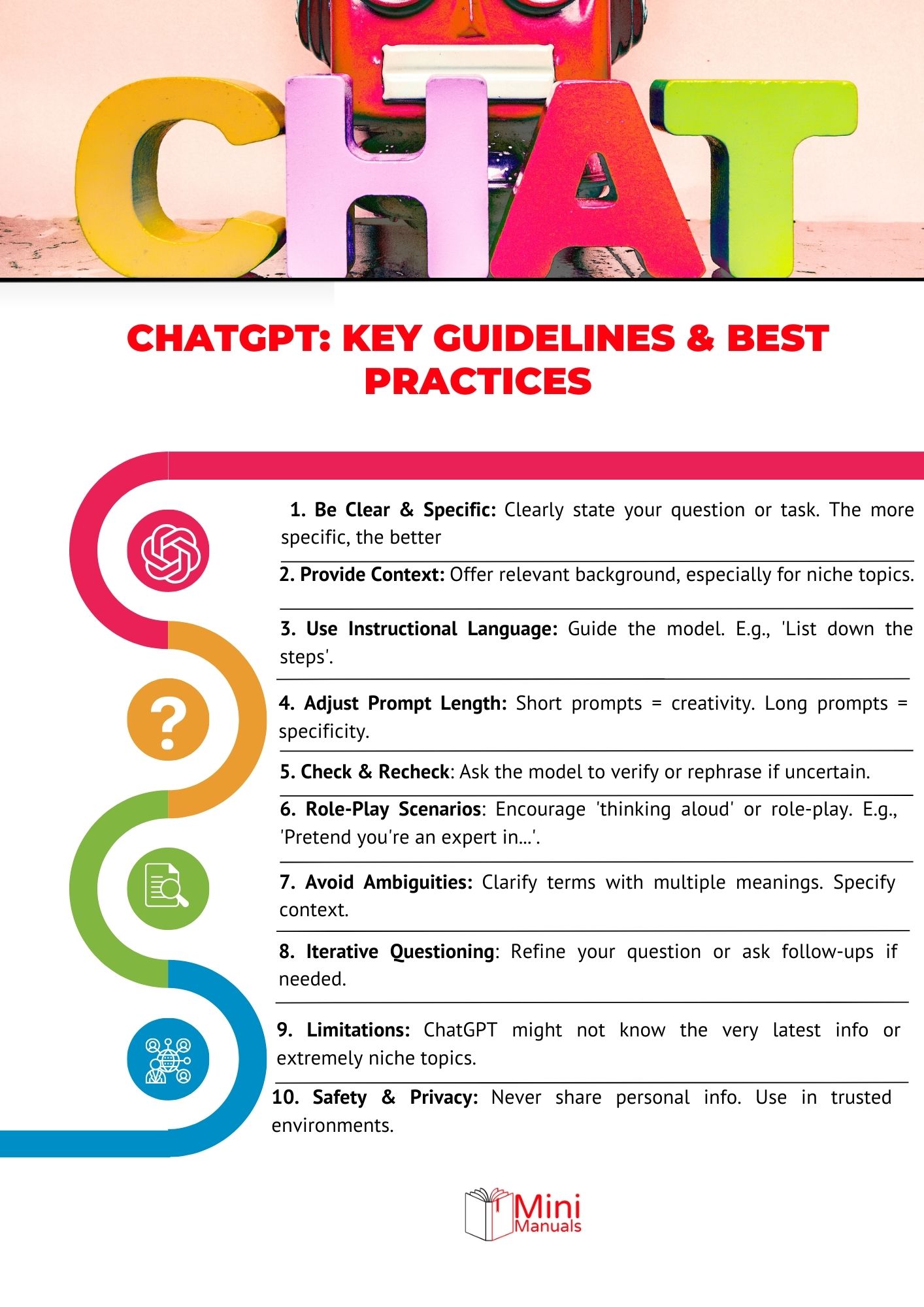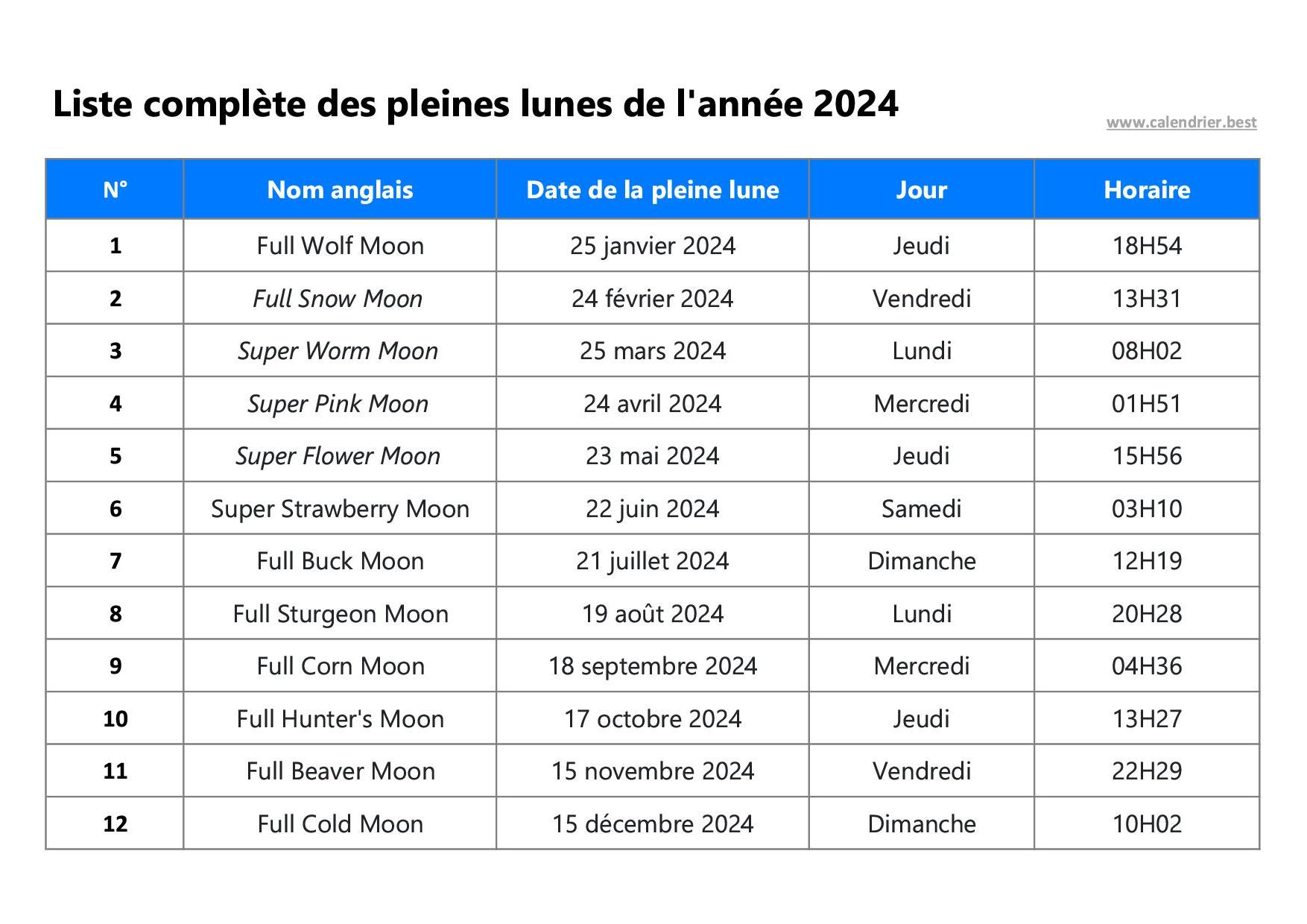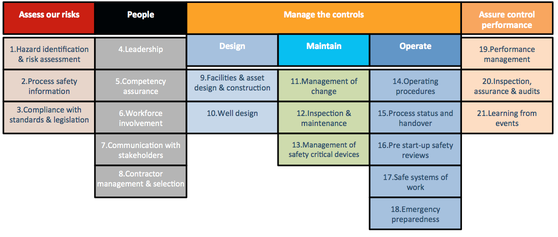Mobile App Privacy: Key CNIL Guidelines And Best Practices

Table of Contents
Understanding CNIL's Requirements for Mobile App Privacy
The CNIL plays a vital role in protecting personal data in France, ensuring compliance with both French law and the European General Data Protection Regulation (GDPR). The GDPR, a cornerstone of European data protection, significantly impacts how mobile apps handle personal information. Its principles directly influence CNIL guidelines for mobile app privacy.
- Compliance with GDPR articles relevant to mobile apps: Articles 5, 6, and 13 of the GDPR are particularly crucial for mobile app developers. Article 5 outlines key data protection principles (lawfulness, fairness, transparency), Article 6 details lawful bases for processing personal data, and Article 13 mandates informing data subjects about data processing.
- Importance of data minimization and purpose limitation: Only collect the minimum necessary data for the app's specific functionality. Clearly define the purpose of collecting each data point and avoid collecting data for unrelated purposes.
- Need for a clear and concise privacy policy: A comprehensive privacy policy is non-negotiable. It must clearly explain what data is collected, why, how it's used, and who it's shared with.
- Legal basis for processing personal data: You must have a valid legal basis (e.g., consent, contract, legal obligation) for processing any personal data collected through your mobile app. This basis must be clearly stated in your privacy policy.
Data Collection and User Consent in Mobile Apps
Obtaining explicit and informed consent is paramount for ethical and legal mobile app development. Users must understand what data is being collected and why before providing consent. This requires transparency and clear communication.
- Transparency in informing users about what data is collected and why: Use plain language, avoiding jargon, to describe the data collected (e.g., email address, location data, device information) and its purpose.
- Providing options for users to manage their data: Users should have the right to access, rectify, and erase their data. Implement mechanisms for users to exercise these rights easily within your app.
- Meeting the CNIL's standards for obtaining valid consent: Consent must be freely given, specific, informed, and unambiguous. Avoid pre-checked boxes or implied consent. Opt-in checkboxes are essential.
- Specific requirements for sensitive data collection: Collecting sensitive data (e.g., biometric data, health data, religious beliefs) requires stricter consent procedures and stronger security measures. The CNIL provides specific guidance on handling such data.
Data Security and Storage Best Practices for Mobile Apps
Protecting user data is crucial. Robust security measures are vital throughout the data lifecycle, from collection to storage and transmission.
- Implementing robust security protocols: Use strong encryption (both in transit and at rest), secure authentication mechanisms, and regular updates to protect against vulnerabilities.
- Using encryption for both data in transit and at rest: Encrypt data during transmission (e.g., using HTTPS) and when stored on servers or devices.
- Regular security audits and vulnerability assessments: Conduct regular security checks to identify and address potential weaknesses.
- Data breach response plan: Have a comprehensive plan in place to respond effectively in case of a data breach, including notifying users and the CNIL.
- Compliance with CNIL recommendations for secure data handling: Stay updated on CNIL's recommendations for data security and implement best practices accordingly.
Specific CNIL Guidelines for Location Data in Mobile Apps
Location data is considered sensitive personal information. Its collection requires extra care and transparency.
- Specific consent requirements for location data: Users must give explicit consent for location tracking. Clearly explain the purpose and duration of tracking.
- Options to disable location tracking: Provide users with a simple and clear way to disable location tracking within the app.
- Data minimization and purpose limitation for location data: Only collect location data strictly necessary for the app's core functionality.
Privacy Policy and Transparency in Mobile App Development
A comprehensive and user-friendly privacy policy is fundamental for demonstrating transparency and fulfilling legal obligations.
- Clear and concise explanation of data processing activities: Explain in plain language what data is processed, why, how, and with whom it’s shared.
- User-friendly language and format: Use clear and simple language, avoiding legal jargon. Break down complex information into manageable sections.
- Information about data retention periods: Specify how long user data is stored and what happens afterward.
- Contact information for data protection inquiries: Provide easy-to-find contact information for users to address any privacy concerns.
Conclusion
Maintaining robust mobile app privacy is crucial for user trust and compliance with CNIL regulations. By adhering to the CNIL guidelines discussed, including obtaining explicit consent, implementing strong security measures, and maintaining transparency through a clear privacy policy, developers can build responsible and legally sound applications. Understanding and implementing these best practices is paramount for ensuring the long-term success and ethical operation of your mobile app. Don't hesitate to consult the CNIL website for the latest guidelines and to ensure your mobile app prioritizes mobile app privacy and data protection.

Featured Posts
-
 Summer 2025 Slides Best Choices For Your Needs
Apr 30, 2025
Summer 2025 Slides Best Choices For Your Needs
Apr 30, 2025 -
 Blue Ivys Hilarious Grammy Reaction Fans Go Wild
Apr 30, 2025
Blue Ivys Hilarious Grammy Reaction Fans Go Wild
Apr 30, 2025 -
 Kering Document Amf Cp 2025 E1021784 Rapport Du 24 Fevrier 2025
Apr 30, 2025
Kering Document Amf Cp 2025 E1021784 Rapport Du 24 Fevrier 2025
Apr 30, 2025 -
 Channing Tatum And Girlfriend Inka Williams Melbourne Trip Ahead Of Potential F1 Appearance
Apr 30, 2025
Channing Tatum And Girlfriend Inka Williams Melbourne Trip Ahead Of Potential F1 Appearance
Apr 30, 2025 -
 Improving Process Safety With Ai Insights From A New Patent
Apr 30, 2025
Improving Process Safety With Ai Insights From A New Patent
Apr 30, 2025
Latest Posts
-
 Channing Tatums New Girlfriend Inka Williams And Their Public Display Of Affection
Apr 30, 2025
Channing Tatums New Girlfriend Inka Williams And Their Public Display Of Affection
Apr 30, 2025 -
 Channing Tatum 44 And Inka Williams 25 New Romance Confirmed
Apr 30, 2025
Channing Tatum 44 And Inka Williams 25 New Romance Confirmed
Apr 30, 2025 -
 Exploring The Zoe Kravitz And Noah Centineo Dating Speculation
Apr 30, 2025
Exploring The Zoe Kravitz And Noah Centineo Dating Speculation
Apr 30, 2025 -
 Channing Tatum Dating Australian Model Inka Williams Following Zoe Kravitz Breakup
Apr 30, 2025
Channing Tatum Dating Australian Model Inka Williams Following Zoe Kravitz Breakup
Apr 30, 2025 -
 Channing Tatum And Girlfriend Inka Williams Melbourne Trip Ahead Of Potential F1 Appearance
Apr 30, 2025
Channing Tatum And Girlfriend Inka Williams Melbourne Trip Ahead Of Potential F1 Appearance
Apr 30, 2025
